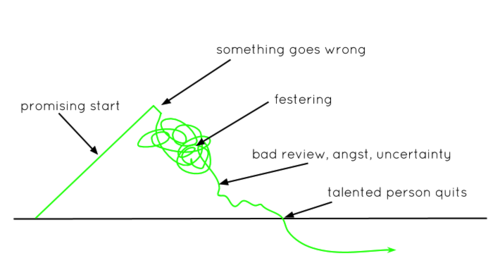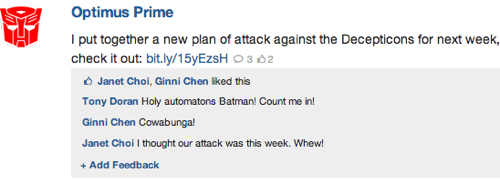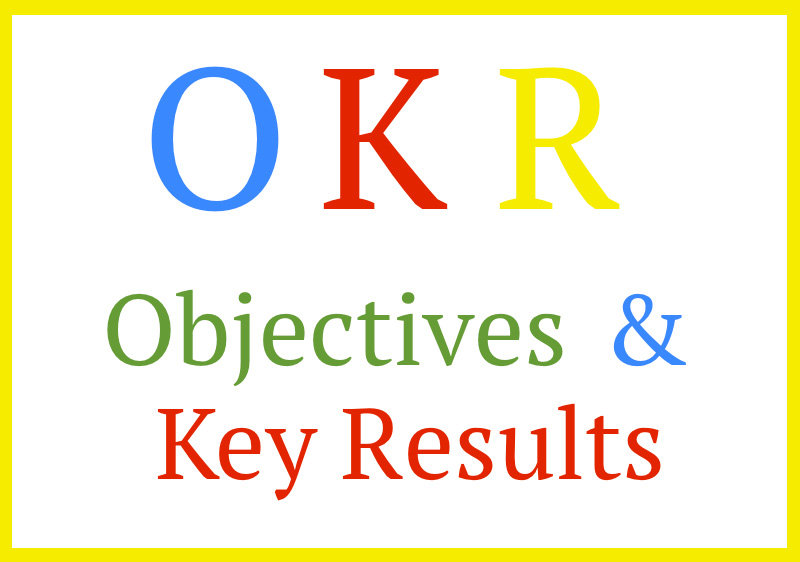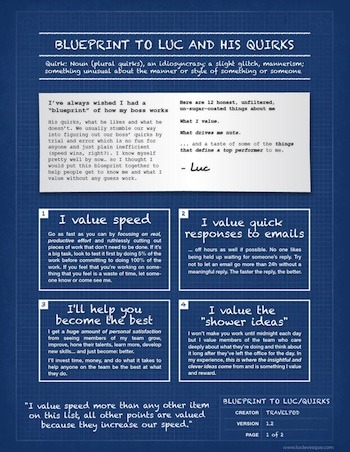In this two-part guest series, Ellen Chisa shares her experience at Microsoft and how its review system affected her psyche and productivity.
This first part gives an overview of Ellen’s time at Microsoft, providing insight into the company’s environment as well as the successes and failures of everyday management. The second part discusses stack rank specifically.

Recently Microsoft decided to get rid of the stack rank system they used for reviews.
Stack ranking is a performance review system that ranks employees against each other. Also referred to as “rank and yank”, stack rank creates a zero-sum management system in which one person’s positive ranking means another person’s loss. Critics point out that a process that creates inevitable losers and requires managers to fight on behalf of reports is unfair and disconnected from performance quality.
I’m really happy with this decision: the stack rank negatively affected me, and many people I know. I saw multiple people have the same experience:
1. Promising start (say, 1-3 years)
2. Something goes wrong (a project, big manager conflict, etc.)
3. The issue isn’t addressed when it happens and festers until review.
4. Bad review, general angst, uncertainty
5. Talented person quits and moves on to a great career elsewhere.
One obvious takeaway is that Microsoft was probably hemorrhaging a lot of talent. The more insidious one is the toll on its employees’ self-perception and effectiveness.
I wanted to write about how that feels. Here I outline what happened in my first eighteen months at Microsoft, which were interesting and challenging — to how things started to go wrong.
Read more









